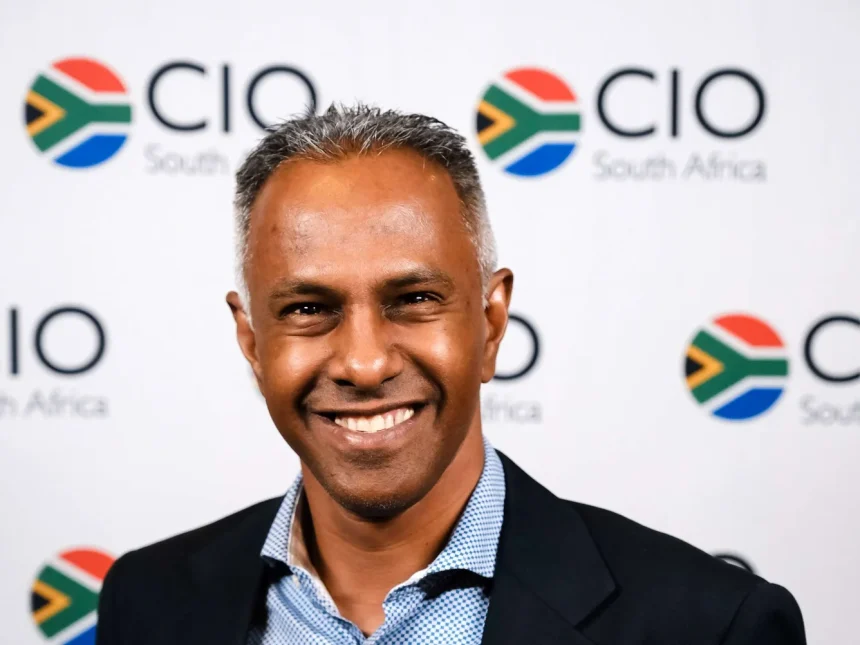In a $700 million agreement, U.S. semiconductor giant, Nvidia, and pan-African tech leader, Cassava Technologies, have joined forces to establish AI data centres in Africa.
The initiative, which was announced by Ziaad Suleman, CEO of Cassava Technologies, is expected to deploy tens of thousands of high-performance GPUs across multiple African nations.
The rollout began in June 2025, when 3,000 Nvidia GPUs were installed in a new Cassava-built AI data centres in South Africa.
According to Suleman, this marks the beginning of a wider multi-country expansion that will eventually see 12,000 more GPUs deployed across facilities in Egypt, Nigeria, Kenya, and Morocco.
What You Should Know
Ziaad Suleman emphasised the project’s ambition to redefine Africa’s relationship with emerging technologies.
“Africa has historically contended with receiving second-rate technology,” he said. “This determination will allow us to leverage Nvidia’s partnership to change this dynamic.”
He added that Cassava has signed a memorandum of understanding (MoU) with the South African AI Association to ensure over 3,000 AI professionals across the region gain access to these systems.
What This Means
Beyond infrastructure, Suleman said the initiative aims to serve as a catalyst for AI-driven solutions tailored to Africa’s unique challenges.
He added that, by equipping local developers, startups, and researchers with world-class compute power, the data centres are positioned to unlock innovation in sectors such as:
- Healthcare – enabling AI-powered diagnostics and remote care
- Agriculture – boosting yields through predictive analytics and precision farming
- Finance – supporting fraud detection and automated credit scoring in underserved communities
According to him, the AI data centres are also expected to attract broader venture capital and R&D investment, giving African startups an ecosystem on par with international competitors.
Bridging Africa’s AI Compute Divide
Africa’s artificial intelligence market is rapidly emerging, valued at approximately $4.51 billion in 2025 and projected to reach $18.27 billion by 2031.
Despite Africa’s fast-growing interest in artificial intelligence, experts say, a chronic lack of access to computational power has stifled innovation and excluded much of the continent from participation in the global AI race.
According to a recent United Nations Development Programme (UNDP) report, only 5% of Africa’s AI professionals have access to sufficient computing power to train or deploy advanced models.
Industry analysts say the AI data centres seeks to unlock new possibilities in local AI model development, from natural language processing in African languages to breakthroughs in agriculture, health, and fintech.
According to experts, the next phase of the partnership will involve scaling data centre capacity, expanding training programmes for African AI engineers, and exploring long-term financing options to ensure sustainable, locally-driven growth.
Talking Points
The $700 million partnership between Nvidia and Cassava Technologies marks a defining moment for Africa’s digital transformation, addressing a long-standing void in AI infrastructure and computer access across the continent.
By deploying thousands of high-grade GPUs in strategically located data centres, the project offers African developers, startups, and researchers a chance to build, train, and scale AI models locally, without relying entirely on expensive or throttled cloud services abroad.
At Techparley, we believe initiatives like this represent a paradigm shift. Rather than positioning Africa as a passive consumer of technology, this partnership empowers the continent to become a meaningful contributor to the global AI economy.
The private-sector-led nature of the deal also sets it apart. It signals a maturing investment climate where innovation, infrastructure, and local expertise are being prioritised over extractive or aid-based models of the past.
Yet, the success of these AI factories will depend not just on hardware but on access. Ensuring that African AI professionals and startups can meaningfully use these tools will be crucial to long-term impact.





